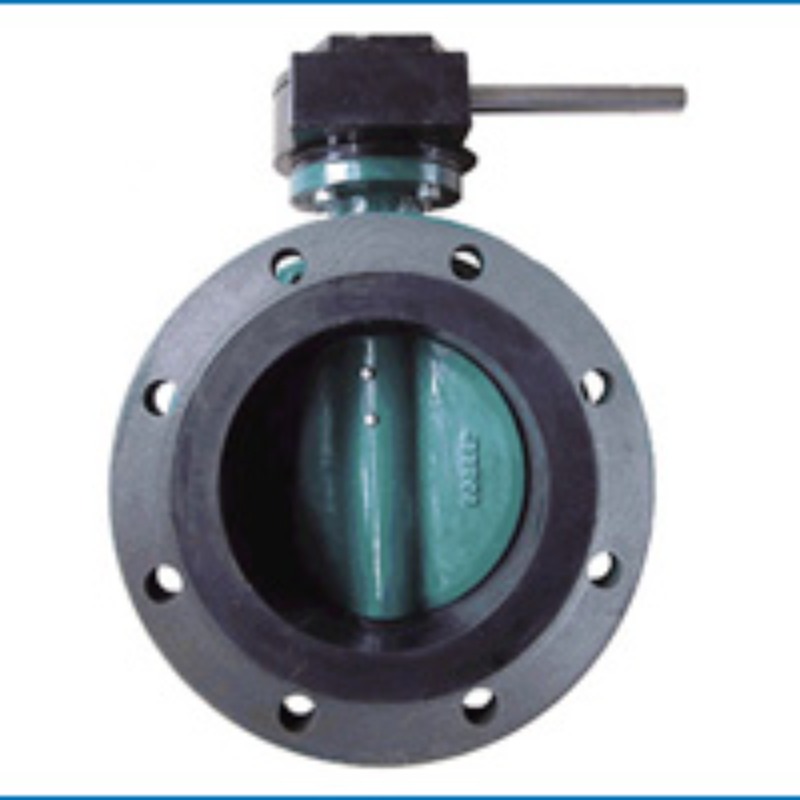Dec . 03, 2024 13:59 Back to list
electric gate valve actuators
Electric Gate Valve Actuators An Overview
Electric gate valve actuators play a crucial role in various industrial applications, primarily for the automation of fluid control systems. They are essential components in industries such as oil and gas, water treatment, pharmaceuticals, and power generation, where precise control over flow rates and system pressure is necessary. In this article, we will explore what electric gate valve actuators are, how they function, their advantages, applications, and factors to consider when choosing one for specific needs.
What Are Electric Gate Valve Actuators?
Electric gate valve actuators are devices that utilize electric power to control the opening and closing of gate valves, which are commonly used to start or stop fluid flow in pipelines. The actuator converts electrical energy into mechanical energy, allowing for precise control over the movement of the valve. These actuators can be driven by various power sources, including AC and DC electricity, and can be designed for various torque outputs and operational features.
How They Function
The operation of electric gate valve actuators can be broken down into several key components the motor, the gearbox, and the actuator body. When electrical power is supplied to the motor, it begins to rotate. This rotation is transmitted through a gearbox that decreases the motor speed and increases the torque, providing enough force to open or close the gate valve against the pressure of the fluid. The actuator is often equipped with position sensors and feedback systems to ensure accurate control and signaling.
Most electric gate valve actuators can support various control methods, including manual overrides, remote supervision, or integration into automated control systems. This versatility enables operators to manage fluid flow efficiently and safely.
Advantages of Electric Gate Valve Actuators
1. Precision Control Electric actuators provide accurate and repeatable positioning, allowing for precise adjustments in flow control. 2. Energy Efficiency Compared to pneumatic or hydraulic systems, electric actuators typically consume less energy, leading to lower operational costs.
3. Minimal Maintenance Electric actuators generally require less maintenance than other types because they have fewer moving parts and do not require the same level of fluid or pneumatic power systems.
4. Environmental Considerations Electric actuators produce no emissions and can be powered by renewable energy sources, making them an environmentally friendly option.
5. Integrated Controls Many electric actuators come with built-in control systems that allow for easy integration with existing automation infrastructure, enabling streamlined operations.
Applications
electric gate valve actuators

Electric gate valve actuators are prevalent in a variety of industries
. Some notable applications include- Oil and Gas Used for controlling flow in pipelines and refineries, ensuring safety and efficiency in fluid transport. - Water Treatment In water treatment plants, they manage the flow of water and chemicals, playing a role in ensuring safe and clean water supply.
- Power Generation In power plants, electric gate valve actuators help manage steam and cooling water flows, which are vital for optimal plant operations.
- Pharmaceuticals In this industry, the precise control of liquid flow is essential for product quality and safety.
Factors to Consider
When selecting an electric gate valve actuator, several factors should be considered
1. Torque Requirements Determine the torque required to operate the specific gate valve effectively under its operating conditions.
2. Operating Environment Assess the environmental conditions where the actuator will be installed, such as temperature fluctuations, humidity, and exposure to corrosive elements.
3. Control Compatibility Ensure that the actuator is compatible with existing control systems, whether manual, remote, or automated.
4. Response Time Depending on the application, the required response time for opening and closing the valve may vary, influencing actuator selection.
5. Safety Features Look for actuators with built-in safety mechanisms to prevent accidents and ensure reliable operation.
Conclusion
Electric gate valve actuators are integral to modern industrial systems, offering enhanced control, energy efficiency, and reliability. As industries continue to evolve, the technology behind electric actuators is also advancing, leading to more sophisticated features that cater to specific operational needs. Understanding the fundamentals of these devices, their applications, and selection criteria can significantly enhance process efficiency and safety. By leveraging the capabilities of electric gate valve actuators, industries can ensure better control over their fluid systems, ultimately leading to improved operational performance.
Share
-
Advanced Technology in Wire and Cable FactoryNewsAug.19,2025
-
Applications of Ball Check Valve in Water Treatment PlantsNewsAug.19,2025
-
How Osy Gate Valve Ensures Leak - Tight SealingNewsAug.19,2025
-
Selection Criteria for Wafer Type Butterfly ValveNewsAug.19,2025
-
Threaded Ball Valve Pressure RatingsNewsAug.19,2025
-
Y Strainer PN16 Cost - Effectiveness AnalysisNewsAug.19,2025


